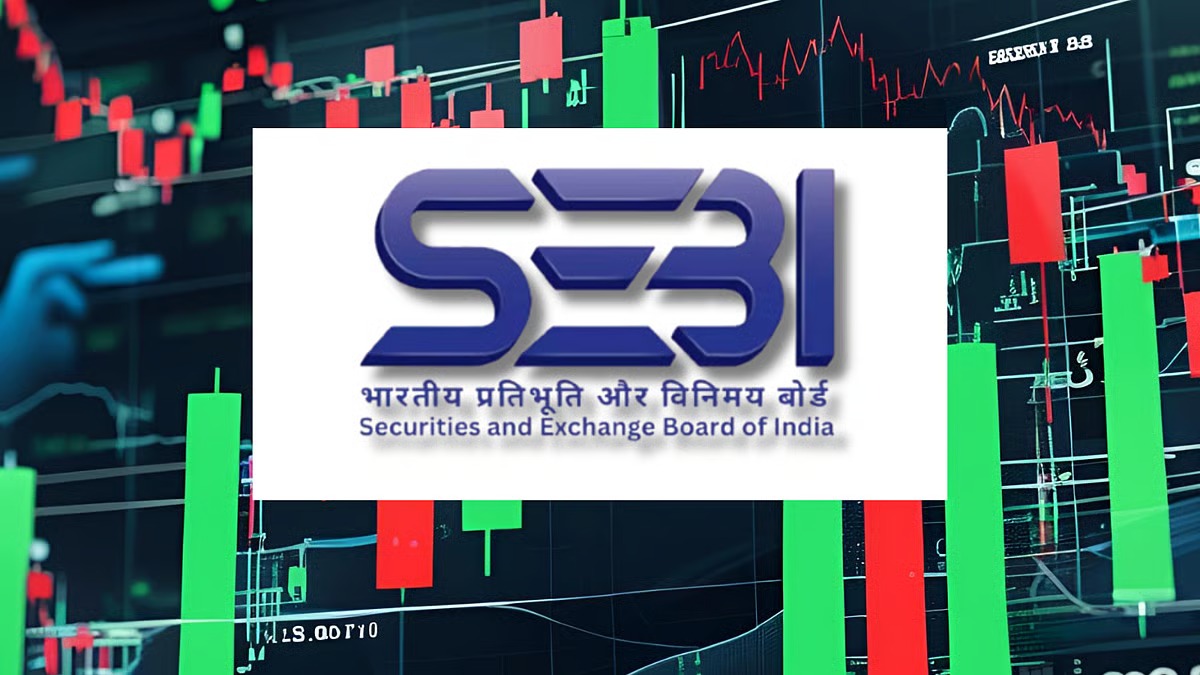A Wake-Up Call for Market Integrity
On August 1, 2025, Securities and Exchange Board of India (SEBI) Chairperson Tuhin Kanta Pandey issued a strong call for structural reforms in India’s sprawling derivatives market. Speaking at the Future Proof Forensics 2025 event in Mumbai, Pandey emphasized the urgent need to overhaul regulatory frameworks and embed forensic vigilance into the DNA of financial governance. His remarks come in the wake of recent investigations that exposed complex frauds involving circular transactions, preferential allotments, and asset siphoning—many of which were executed through derivative instruments.
Key Highlights from SEBI’s August 1 Address
- SEBI calls for structural reforms to India’s derivatives market to curb manipulation and fraud
- Forensic accounting must evolve into a proactive safeguard, not just a post-crisis tool
- Recent probes revealed misuse of preferential allotments and circular lending schemes
- SEBI urges auditors and directors to act as gatekeepers of market integrity
- The regulator warns against complacency amid booming investor participation
Derivatives Market Under Scrutiny
Complex Misconduct Uncovered
- SEBI investigations revealed listed entities transferring assets to subsidiaries, which then secured loans to repay promoter-linked debts
- Circular transactions with name-lending entities were used to inflate financials and siphon off shareholder funds
- Preferential allotments were misused, with funds round-tripped back to allottees through multi-layered structures
- Manipulation via Derivatives
- Derivatives were used to distort index values and mislead investors
- SEBI recently banned US-based trading firm Jane Street for manipulating stock indexes through derivatives positions
- These cases highlight the need for tighter surveillance and conduct standards in the derivatives space
SEBI’s Reform Agenda: Embedding Forensic Vigilance
- Forensic accounting should be a built-in control mechanism, not a reactive measure
- SEBI plans joint training programs in digital forensics and forensic accounting for market participants
- The regulator advocates for a shift from tick-box compliance to contextual, risk-based oversight
- Auditors and board members must ask difficult questions and challenge suspicious patterns proactively
Investor Protection and Market Confidence
- SEBI stresses that financial frauds erode investor trust and discourage genuine investment
- With over 130 million unique investors now active in Indian markets, safeguarding transparency is paramount
- The regulator aims to increase investor awareness and build capacity for early anomaly detection
- Technology can aid pattern recognition, but human judgment remains critical in interpreting context
Implications for Market Participants
- Listed companies must strengthen internal controls and disclosure practices
- Auditors and directors face heightened expectations for vigilance and accountability
- Derivatives traders may see tighter rules around position limits, margin requirements, and reporting
- SEBI is expected to propose new guidelines in its upcoming board meetings to address systemic risks
Conclusion: A Defining Moment for India’s Financial Governance
SEBI’s call for structural reforms in the derivatives market is not just a regulatory update—it’s a clarion call for cultural change. As India’s capital markets grow in scale and complexity, the need for proactive, proportionate, and context-aware oversight becomes more urgent. By embedding forensic vigilance and tightening conduct standards, SEBI aims to ensure that India’s financial future is built on trust, transparency, and resilience.
Source: The Star,
